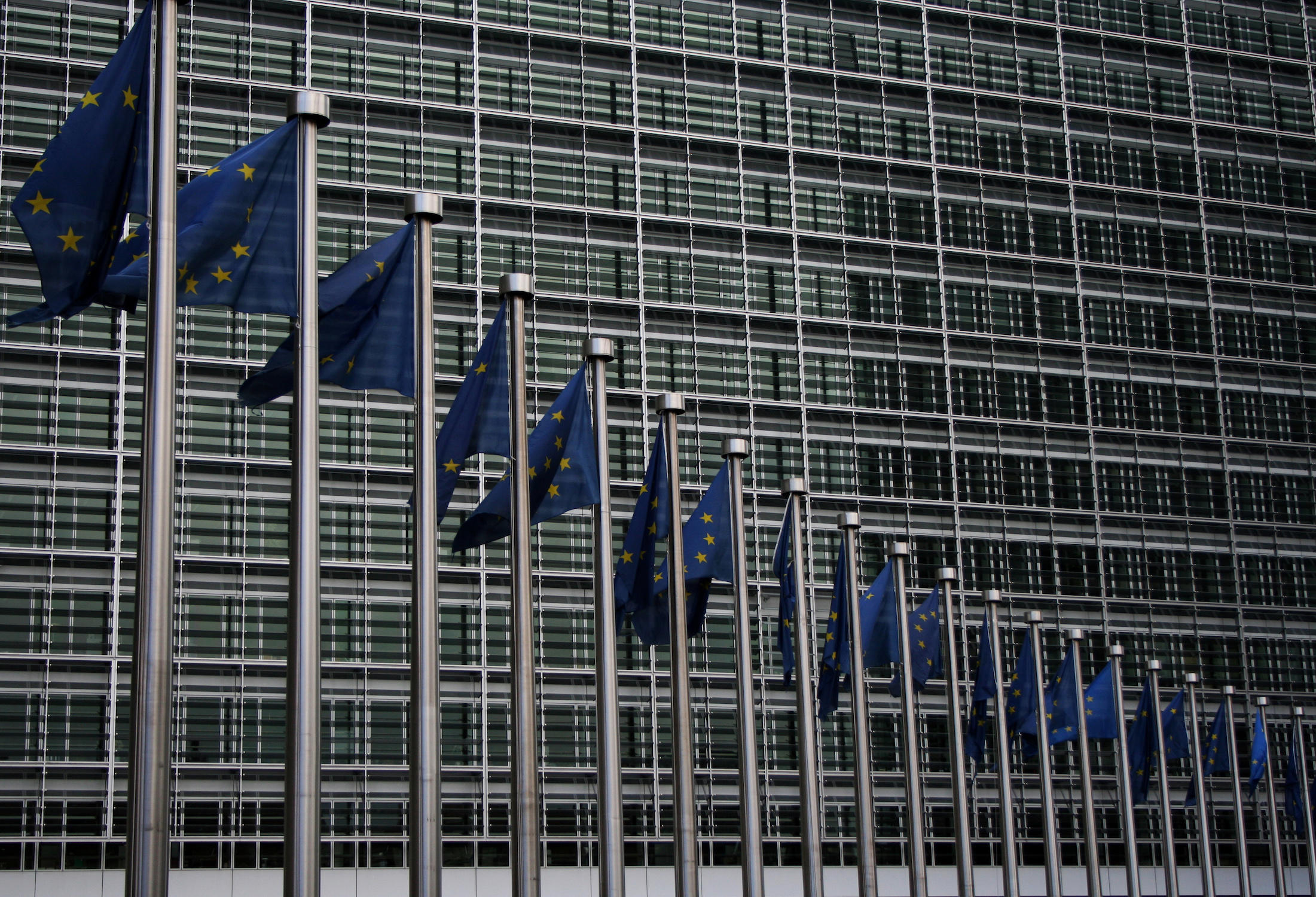Decarbonization, and ultimately reaching net zero emissions is the ultimate goal of climate negotiations and will therefore be a central part of COP27. From the energy transition to digitalization, decarbonization has to be implemented rapidly and in a just manner.
Achieving decarbonisation will rely heavily on effective policy instruments whether this be implementing a carbon market or instruments such as Europe’s Carbon Border Adjustment Mechanism. CMCC research on the technical and socioeconomic outcomes of policy instruments used to support the transition to low-carbon economies can also help inform future solutions and gather necessary data on what has been effective and what hasn’t so that we can learn from our mistakes.
Learning from our successes and failures with the COVID-19 crisis is also critical, both in how lockdowns affected emissions in cities and high-emission sectors such as the agricultural one and the energy sector. This is not only limited to an understanding of carbon dioxide emissions but also includes other harmful gasses such as methane, because net zero goals are about more than just carbon.
Technological solutions will also be central to decarbonization through initiatives such as the digital transformation, which if properly implemented can act as an enabler and not a barrier to decarbonisation, or technologies for carbon capture and sequestration. Yes, because research increasingly indicates that we will have to not only lower emissions as much and as fast as possible but also remove excess carbon that will continue to be emitted into the atmosphere from hard-to-abate sectors.
Yet, decarbonization is not just about policy and technology it is also about nature and how we can use nature-based solutions as a powerful tool for climate change mitigation.
Decarbonization must go hand in hand with decoupling economic growth from carbon emissions. Although this will be hard, the good news is that global economic growth is already rising faster than CO2 emissions and daunting as the challenge may seem there are examples of recent success. The solar panel revolution shows that we are moving in the right direction and that a low-carbon future is possible and makes financial sense. However, it will require engaging all stakeholders from the public sector to non-state actors.






